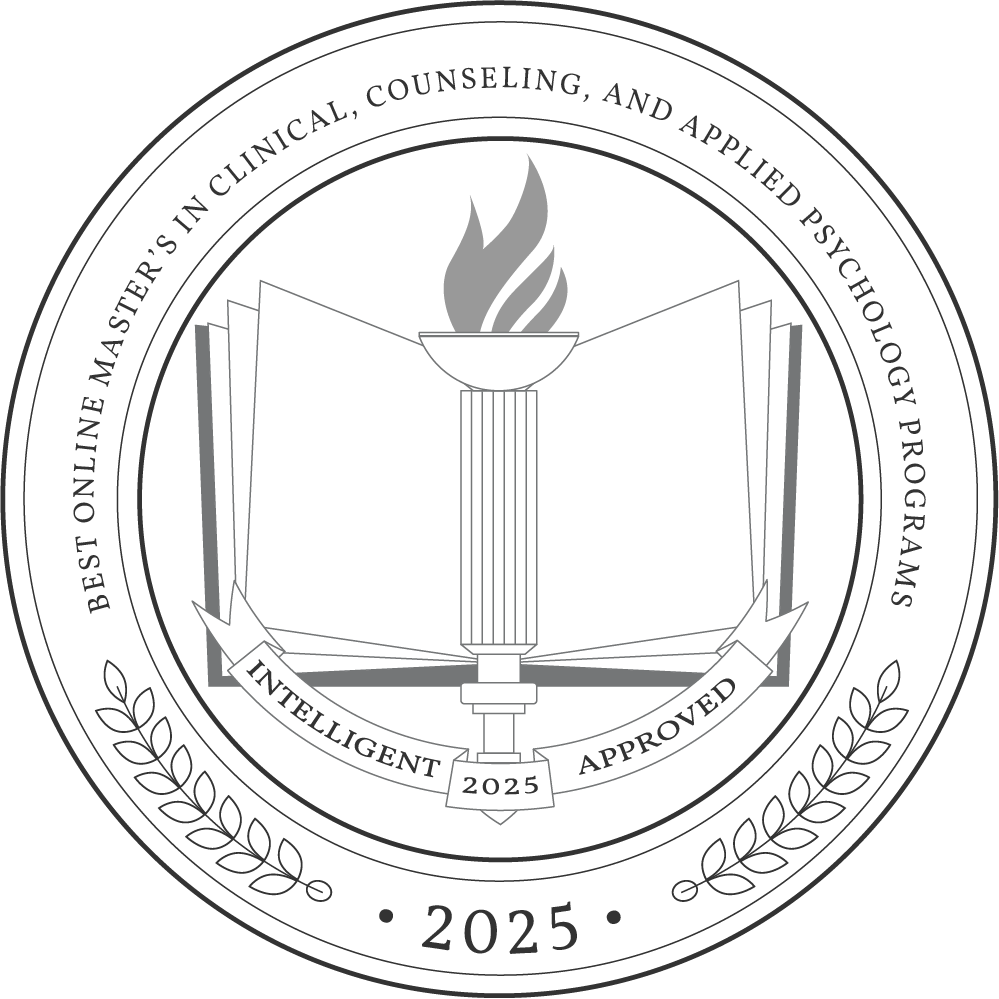An online master’s in clinical, counseling, and applied psychology prepares students for professional roles in mental health services, including clinical psychologist, counseling psychologist, and applied psychologist. According to the Bureau of Labor Statistics, the median annual salary for clinical and counseling psychologists is approximately $106,600.
These programs typically take two to three years to complete, depending on whether students are enrolled full-time or part-time. The cost of the programs varies, with average annual tuition ranging from $12,500 to $30,000. Online programs offer flexibility, allowing students to balance their studies with other personal or professional commitments. Students graduate with the skills needed to diagnose and treat mental health issues, conduct psychological research, and apply psychological principles in a range of practical settings.
Why Trust Us
The Intelligent.com Higher Education Team is dedicated to providing students with independent, equitable school and program rankings and well-researched resources. Our expert-driven articles cover topics related to online colleges and programs, paying for school, and career outlooks. We use data from the U.S. Department of Education’s College Scorecard, the National Center for Education Statistics, and other reputable educational and professional organizations. Our academic advisory team reviews content and verifies accuracy throughout the year for the most current information. Partnerships do not influence rankings or editorial decisions.
- Analyzed over 2,000 national, accredited, and nonprofit colleges and universities
- 800+ rankings pages are reviewed and updated yearly
- Content is informed by reputable sources, surveys, and interviews with academic advisors and other experts
- Over 100 data points are reviewed for accuracy and quality throughout the year, including sources
How we rank schools
Our list features the best Online Master’s in Clinical, Counseling, and Applied Psychology degree programs at top colleges nationwide. Each school featured is a nonprofit, accredited institution — either public or private — with a high standard of academic quality for post-secondary institutions.
We evaluated each school’s program on tuition costs, admission, retention and graduation rates, faculty, reputation, and the student resources provided for online students. We collected data from trusted sources like the National Center for Education Statistics, individual school and program websites, school admissions counselors, and other data sources. Then, we calculated the Intelligent Score on a scale of 0 to 100 based on the following criterion:
Academic Quality:
- Admission rate versus enrollment rate
- Retention rate of students who return after year one
- Accreditation status (regional and programmatic)
- Nonprofit status, both private and public institutions
Graduation Rate
- Overall graduation rate
- Total number of currently enrolled students, including diversity metrics
- Student-to-faculty ratio
Cost and ROI
- In-state and out-of-state per-credit tuition rates and fees
- Required credits to graduate
- Earning potential after graduation
- Availability of federal student loans, scholarships, and other financial aid options
Student Resources
- Available student services for online-only and hybrid programs
- On-campus amenities like tutoring centers and the number of libraries
Read more about our ranking methodology.
Best 7 Accredited Online Master's in Clinical, Counseling, and Applied Psychology Programs
FiltersInstitution Type
Status
- Intelligent Score
- Alphabetically By University Name
- Acceptance Rate
- Enrollment
- In-state Graduate Tuition
- Out-of-state Graduate Tuition
- In-state Undergraduate Tuition
- Out-of-state Undergraduate Tuition
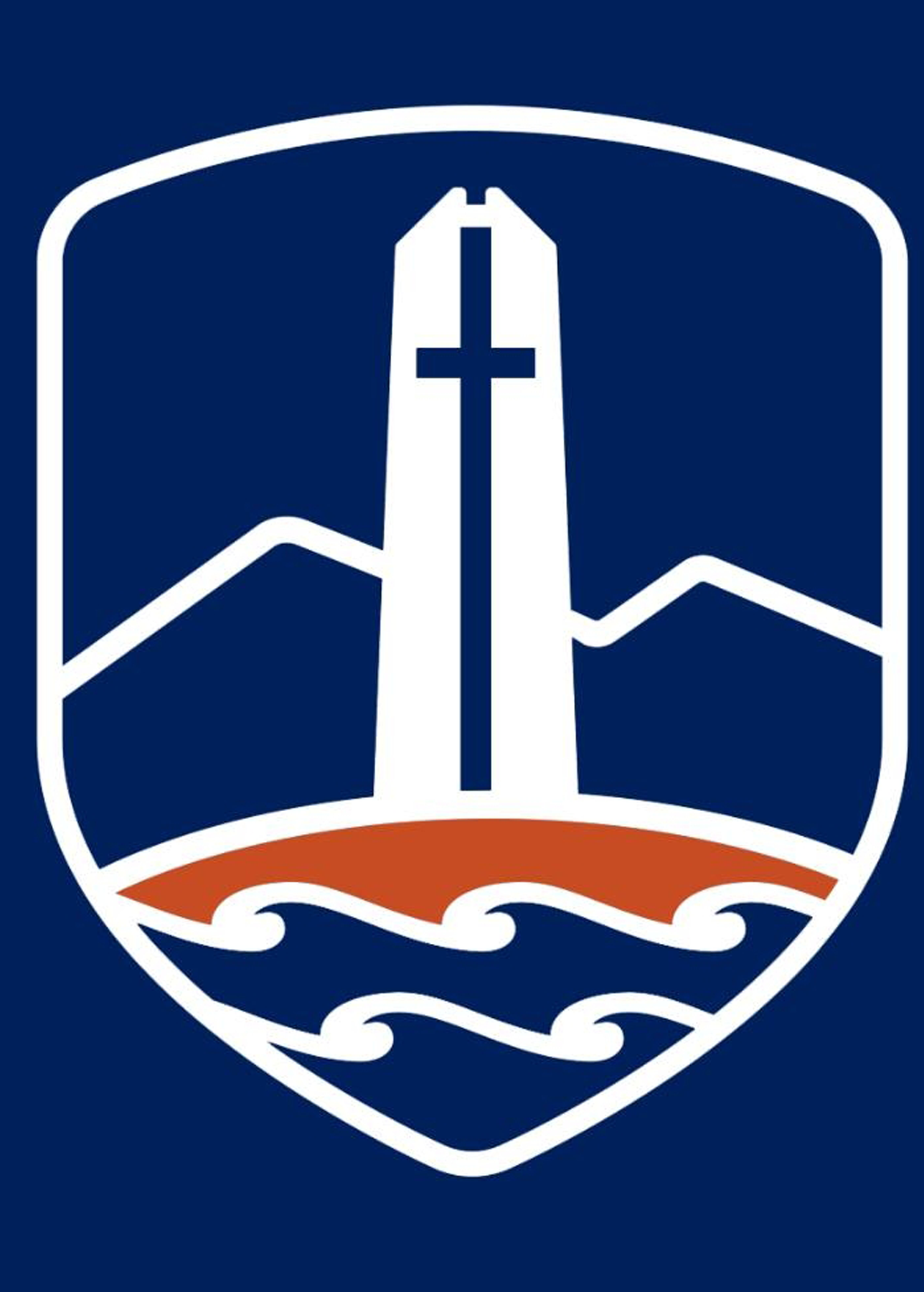
Pepperdine University
Intelligent Score: 99.21In-state: $57,750
Out-of-state: $57,750
In-state: $36,200
Out-of-state: $36,200
SAT: 1200-1410
ACT: 26-31
$1,875
Online, On-Campus
Western Association of Schools and Colleges Senior College and University Commissio
62-68

The Chicago School
Intelligent Score: 96.37In-state: $46,796
Out-of-state: $46,796
In-state: $50,636
Out-of-state: $50,636
SAT: Not Required
ACT: Not Required
$1,368
Online
Western Association of Schools and Colleges Senior College and University Commission
30

Liberty University
Intelligent Score: 95.73In-state: $14,791
Out-of-state: $14,791
In-state: $7,935
Out-of-state: $7,935
SAT: 1040-1250
ACT: 21-29
$615
Online
Southern Association of Colleges and Schools Commission on Colleges
36
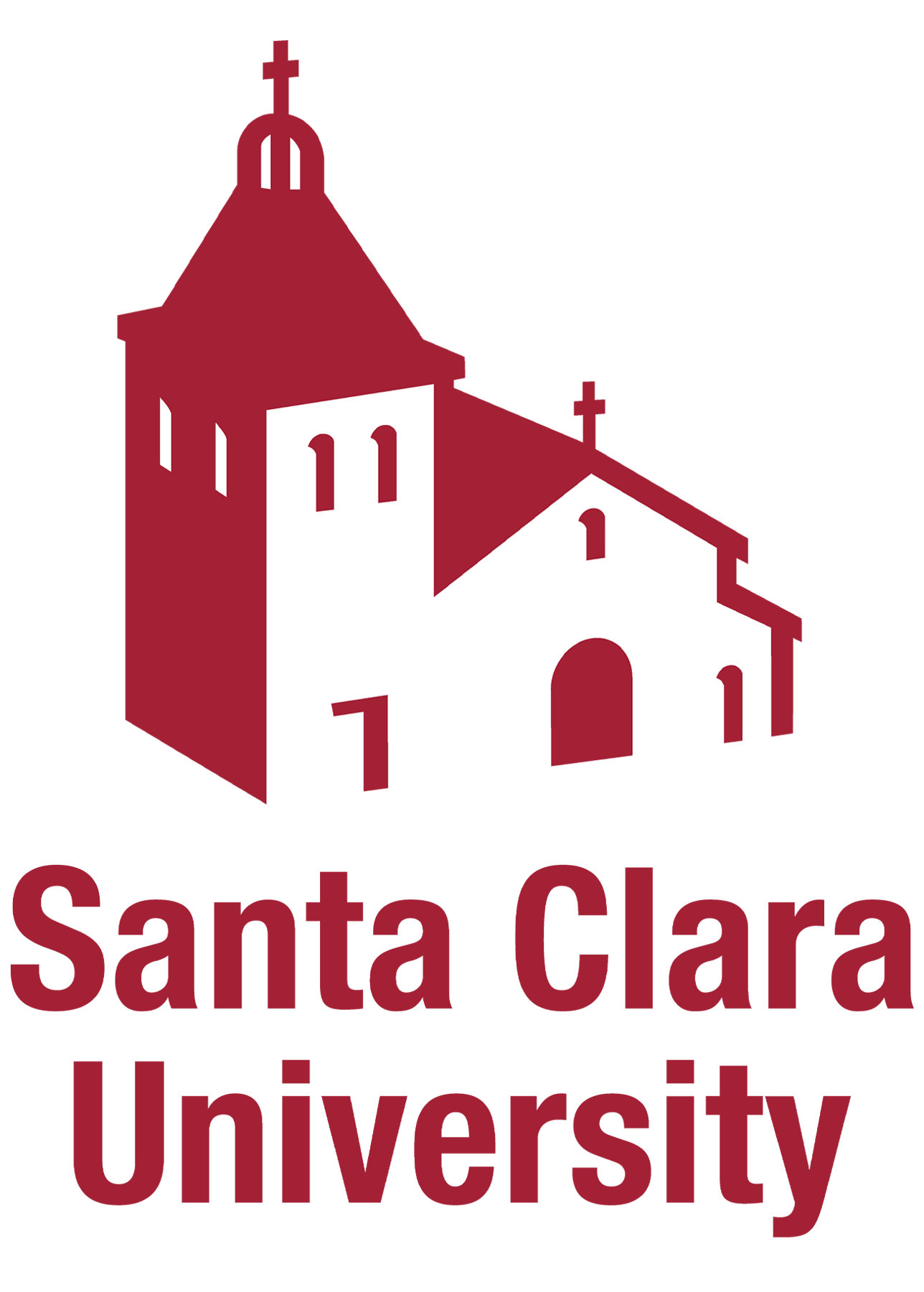
Santa Clara University
Intelligent Score: 95.11In-state: $52,998
Out-of-state: $52,998
In-state: $23,507
Out-of-state: $23,507
SAT: 1270-1450
ACT: 28-32
$701
Online, On-Campus
Western Association of Schools and Colleges Senior College and University Commissio
45
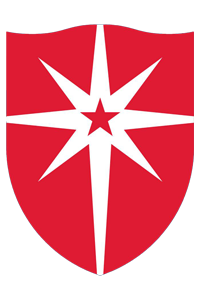
Saint Mary's University of Minnesota
Intelligent Score: 91.23In-state: $54,870
Out-of-state: $54,870
In-state: $35,515
Out-of-state: $35,515
SAT: 1030-1240
ACT: 21-28
$630
On-Campus, Hybrid
Higher Learning Commission
48
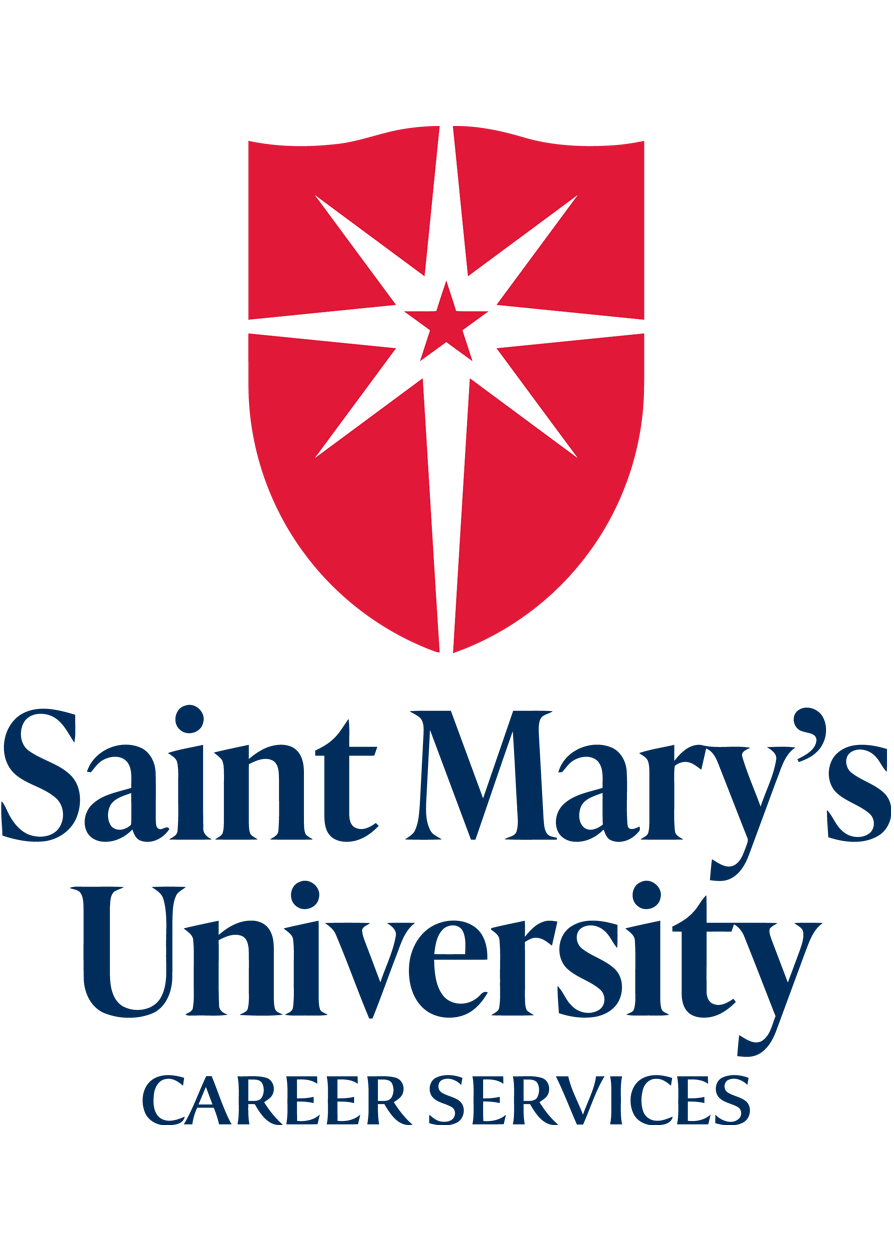
Saint Mary's University of Minnesota
Intelligent Score: 91.23In-state: $48,850
Out-of-state: NA
In-state: NA
Out-of-state: NA
SAT: NA
ACT: NA
$630
On-Campus, Hybrid
Higher Learning Commission
48

USC Dana and David Dornsife College of Letters, Arts and Sciences
Intelligent Score: 90.74In-state: $59,260
Out-of-state: $59,260
In-state: $47,880
Out-of-state: $47,880
SAT: 1340-1530
ACT: 30-34
$2,244
Online
Western Association of Schools and Colleges Senior College and University Commissio
30
How to Choose an Online Master’s in Clinical, Counseling, and Applied Psychology Degree Program
Choose your area of study
Begin your search by identifying your particular interests in the field. Research the specializations offered by different programs to find one that aligns with your career goals. Consider the demand and salary prospects for each specialization, using resources such as the Bureau of Labor Statistics’ Occupational Outlook Handbook. Review program curricula and faculty expertise for any program that seems appealing to ensure they provide comprehensive training in your chosen field.
Research schools and programs
Confine your search to accredited institutions to ensure a quality education and eligibility for licensure. Review each potential program’s curriculum to see if it covers your areas of interest and offers necessary practical experiences like internships. Investigate faculty qualifications and their expertise in your chosen field. Consider the program’s flexibility, such as part-time options and asynchronous classes, to accommodate your schedule. Also, check student support services, including career counseling and networking opportunities. Thorough research helps you select a program that aligns with your academic and career goals.
Prepare for tests and applications
Research the specific admission requirements for each program you are considering, including necessary standardized tests like the GRE. Allocate time to study using practice exams and study guides to improve your scores. Gather essential documents such as transcripts, letters of recommendation, and a well-crafted personal statement that outlines your goals and any experience in psychology. Tailor your resume to highlight relevant skills and achievements. Completing these steps thoroughly and on time demonstrates your commitment and readiness for graduate-level study, significantly enhancing your chances of acceptance into a competitive program.
Select your program
Ensure that your program is accredited by a reputable organization such as the American Psychological Association (APA), which guarantees the quality of education and eligibility for licensure. Review the curriculum to ensure it covers essential topics and offers practical training opportunities, such as internships or supervised clinical hours. Consider the program’s format and flexibility, including part-time options and asynchronous courses, to fit your personal and professional schedule. Speaking with an admissions counselor can be an excellent opportunity to gauge the program’s specifics and ensure it is the right choice for your aspirations.
Determine how you’ll pay for your degree
Determining how you’ll pay for your degree is crucial for financial planning and stress management. First, determine the total cost, which will likely include tuition, fees, and other expenses. Also, if necessary, investigate the cost of a good-quality computer and fast internet to enable you to participate in online courses. To access grants and loans, look into federal financial aid by completing the Free Application for Federal Student Aid (FAFSA). Explore scholarships and grants specific to psychology and counseling students. Check if your employer offers tuition reimbursement programs. Consider part-time work or assistantships that provide stipends or tuition reductions.
What Can You Expect From an Online Master’s in Clinical, Counseling, and Applied Psychology Degree Program?
This online master’s program equips students with the skills and knowledge needed for professional roles in mental health services. Expect to delve into advanced psychological theories, counseling techniques, and applied research methods. Core courses often include developmental psychology, psychopathology, cognitive-behavioral therapy, and multicultural counseling.
Typically, these programs take two to three years to complete, depending on whether students are enrolled full-time or part-time. In some cases, you may be able to earn a master’s degree in this field in just one year.
Depending on the institution, the curriculum often requires around 48 to 60 credits, which encompasses both coursework and practical training. Hands-on experience may be a crucial component, with most programs requiring supervised internships or practicums. These sessions offer valuable opportunities for skill development, peer interaction, and networking.
Accreditation by bodies like the American Psychological Association (APA) or the Council for Accreditation of Counseling and Related Educational Programs (CACREP) ensures the program meets rigorous educational standards.
Overall, students can expect a comprehensive, flexible, and rigorous education that prepares them for various careers in clinical, counseling, and applied psychology.
Potential courses you’ll take in an online master’s in clinical, counseling, and applied psychology degree program
- Developmental Psychology. Explores the psychological growth and changes that occur throughout the human lifespan. Students learn about developmental milestones, theories of development, and the impact of biological and environmental factors on growth.
- Psychopathology. Examines the nature, causes, and treatment of mental disorders. The curriculum covers diagnostic criteria, symptomatology, and therapeutic approaches for various psychological conditions, preparing students to assess and intervene effectively.
- Cognitive-behavioral therapy (CBT). Introduces the principles and techniques of CBT, a widely used therapeutic approach. Students learn to identify and modify dysfunctional thought patterns and behaviors, applying these strategies to treat a range of psychological issues.
- Multicultural Counseling. Emphasizes the importance of cultural competence in counseling practice. Students explore how cultural factors influence mental health and learn strategies for providing effective, sensitive counseling to diverse populations.
- Ethics and Professional Issues in Psychology. Covering ethical standards and professional responsibilities, this course prepares students for the ethical dilemmas they may face in practice. Topics include confidentiality, informed consent, and professional conduct, ensuring that students understand the ethical framework guiding their profession.
Online Master’s in Clinical, Counseling, and Applied Psychology Degree Frequently Asked Questions
How do I apply to an online master's in clinical, counseling, and applied psychology degree program?
To apply for your chosen program, start by completing the program’s application form, which is likely to be found on the school’s website. You will need to submit official transcripts from all previously attended institutions, letters of recommendation, a personal statement outlining your goals and experiences, and standardized test scores like the GRE if required. Some programs may also request a resume detailing relevant work experience. It’s important to speak with an admissions counselor before applying to ensure you meet all requirements and deadlines. An admissions counselor can also provide valuable insights and guidance, helping you prepare a strong application.
How much does an online master's in clinical, counseling, and applied psychology degree cost?
The annual cost of a master’s program typically ranges from $12,500 to $30,000 in total tuition, according to data from the National Center for Education Statistics. Although public institutions are often cheaper than private, a robust financial aid package could offset the difference in cost. Additional expenses may include technology fees, textbooks, and course materials. Online programs can be more cost-effective than in-person programs, as they eliminate commuting and housing costs. However, students should budget for a reliable computer and high-speed internet. Some programs may require in-person residencies or internships, adding travel and accommodation expenses. Financial aid, scholarships, and employer tuition reimbursement programs can help meet these costs.
How long does it take to earn an online master's in clinical, counseling, and applied psychology degree?
Earning an online master’s typically takes two to three years, depending on enrollment status. Full-time students generally finish faster, while part-time students may take longer due to a lighter course load. Programs usually require 48 to 60 credits, which can influence the overall duration. Online programs offer flexibility, allowing students to balance studies with personal and professional responsibilities. Some online programs may include synchronous sessions or occasional in-person requirements, which can affect the pace. Overall, the flexibility of online learning provides an adaptable timeline for completing the degree based on individual schedules and commitments.
